15 Signs You’re an “Elder Millennial”
If you remember waiting for your internet to connect by listening to a dial-up symphony, you’re probably part of a rare in-between generation. Born in the early 1980s, elder millennials grew up with landlines and handwritten notes but learned to text before their parents did. They watched the world shift from CDs to streaming, AIM to DMs, and somehow kept up—mostly. Here are a few ways to tell you’re one of them.
You’ve Waited for the Internet to Connect
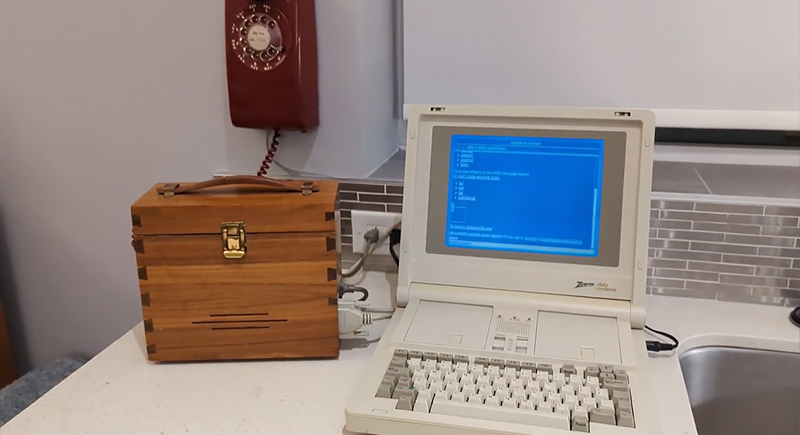
Credit: Youtube
Before Wi-Fi became instant, the online world began with static and patience. Elder millennials memorized the dial-up tone like a favorite song. They planned web time around landline use, printed MapQuest pages, and used “You’ve Got Mail” unironically. According to Pew Research, 82% of millennials remember pre-broadband life, which is proof that this group watched the world load, one pixel at a time.
You Laugh Differently Online
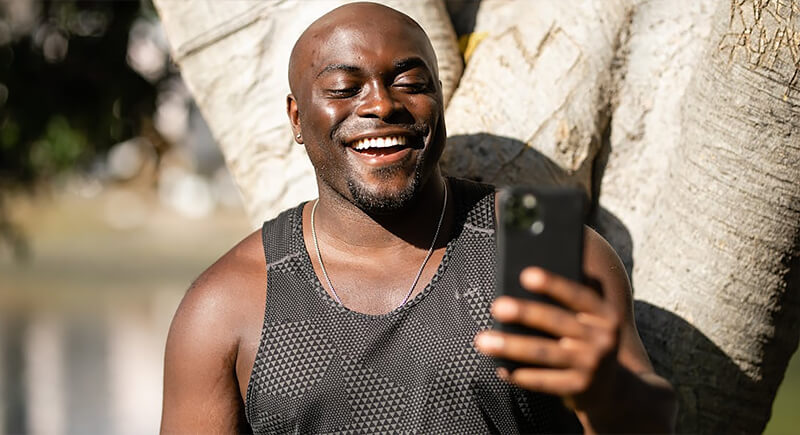
Credit: pexels
How you laugh online says more about your generation than you think. Gen Z drops 💀 or 😭 when something’s funny, but elder millennials still cling to 😂, which is the old standby from the early meme era. According to Adobe’s 2023 Emoji Report, millennials remain its biggest users. For them, it’s not outdated; it’s just the classic way to show a good laugh.
Your Pop Culture Rewinds Itself
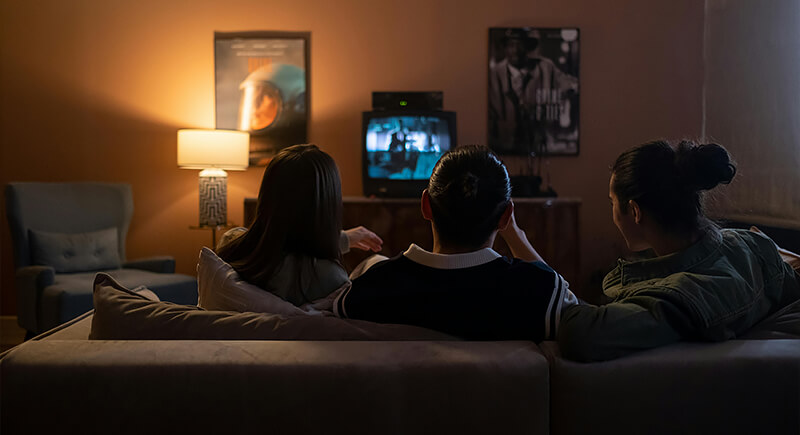
Credit: pexels
You put on The Office while folding laundry, Friends when you need noise in the room, and Harry Potter when it rains. It’s not nostalgia for nostalgia’s sake. It’s habit, comfort, and a kind of muscle memory. Most millennials still revisit their 2000s favorites, not to relive the past but because those stories still feel steady when everything else moves too fast.
Your Denim Has a Loyalty Program
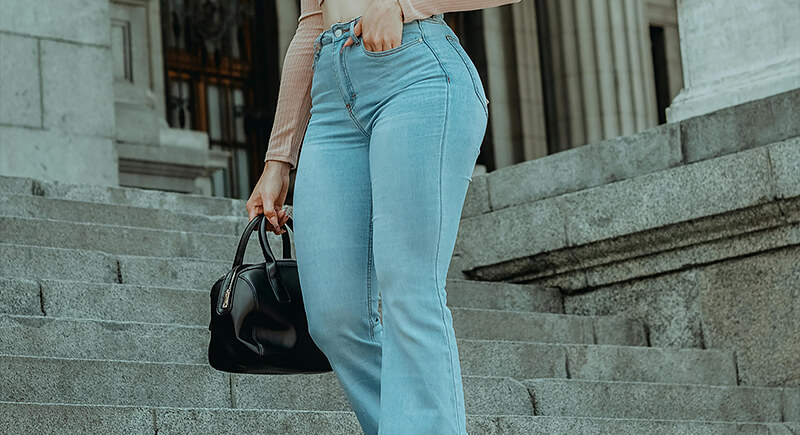
Credit: pexels
Skinny jeans never left your closet. They just stopped needing approval. When TikTok called them outdated, most elder millennials kept wearing what fit right. Stitch Fix found that people ages 35 to 44 still buy slim denim more than any other cut.
Your Selfies Still Tilt Upward

Credit: Canva
Before filters and front-facing cameras, selfies were all about angles. The MySpace crowd learned fast that holding the camera a little higher meant better light and fewer regrets. While Gen Z favors unfiltered realism, elder millennials relied on that practiced wrist tilt and knowing smirk to turn even the messiest dorm background into something worth posting.
You Default to “No Worries”
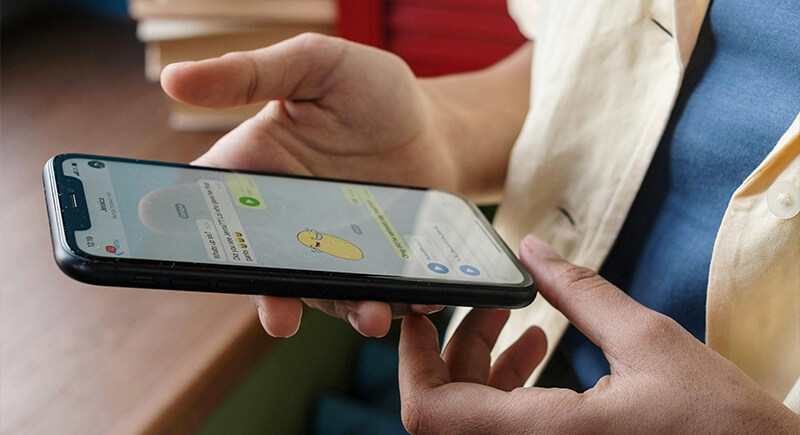
Credit: pexels
“No worries” shows up in your messages before you even think about it. It softens tone, fills awkward gaps, and keeps conversations easy. The phrase took hold in early 2000s email culture, when sounding calm mattered as much as clarity. After years of workplace exchanges, it stuck.
You’ve Lived on Both Sides of the Digital Divide
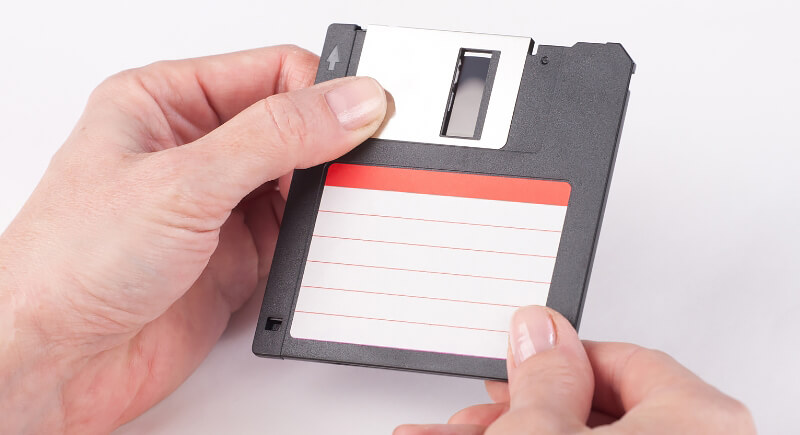
Credit: Getty Images
This group typed term papers on floppy disks and later synced calendars on iPhones. Sociologist Erica Dhawan calls them “digital translators,” people fluent in both offline and online habits. They remember handwritten notes and hashtags, VCRs, and streaming queues.
You Still Quote Vines Without Thinking
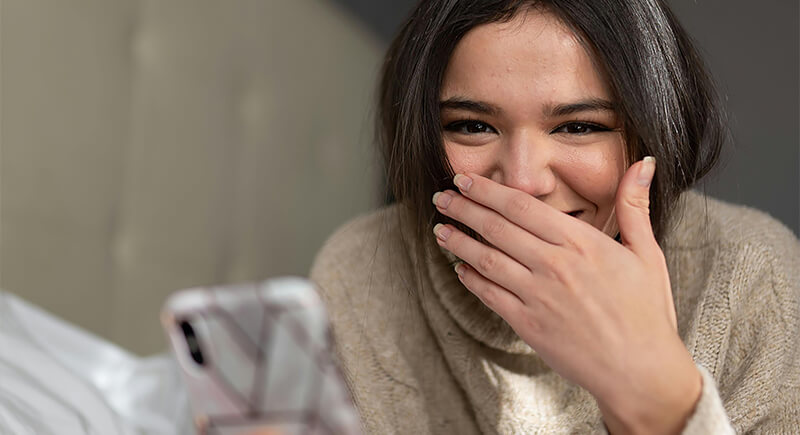
Credit: pexels
Vine may be gone, but its punchlines still live in everyday speech. Lines like “road work ahead, I sure hope it does” slip out without a second thought. Those six-second clips trained elder millennials to value timing over polish. Studies even show they share old Vines far more than Gen Z, proof that brevity still wins.
You Don’t Relax Easily

Credit: pexels
Rest feels unfamiliar. Elder millennials grew up equating busyness with worth, so quiet moments can feel misplaced. The American Psychological Association reports that most millennials still deal with frequent work stress. It’s the residue of years spent chasing stability through overwork, where taking a break feels less like rest and more like falling behind.
You Still Miss Friday Night TV

Credit: Canva
Before algorithms told us what to watch, there was TGIF: “Full House,” “Family Matters,” and “Step by Step.” Each Friday felt like a mini holiday. Elder millennials measure time not by streaming drops but by those scheduled sitcom blocks. That rhythm of waiting, laughing, and quoting the next morning built patience. In an on-demand world, they still crave that weekly anticipation.
You Know the Pain of Burning a CD
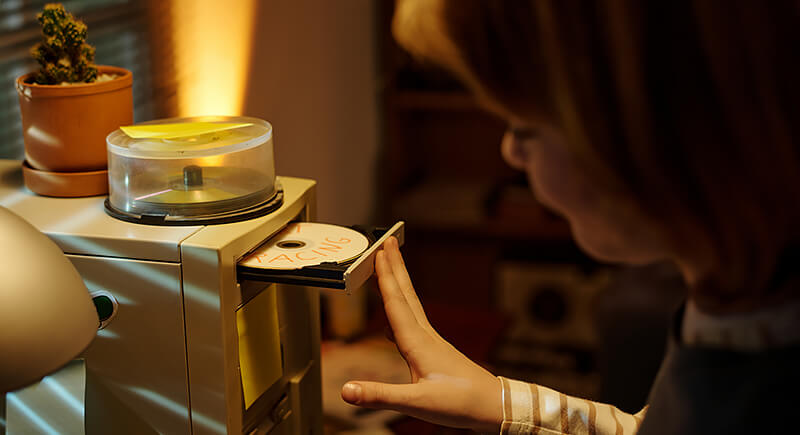
Credit: iStockphoto
There was a time when “burning a CD” meant something cool. Elder millennials perfected the ritual: crafting track lists, decorating covers, and holding their breath during the final burn. Nielsen Music records the CD’s golden age around 2000, the same era they learned that music wasn’t just heard, it was made yours.
You’ve Said “I Did a Thing” Without Irony

Credit: pexels
In early social media days, captions like “I did a thing” dominated Facebook timelines. Whether it was getting a new haircut or buying a houseplant, the phrase captured the humblebrag charm of a simpler internet. Reddit users even call it the “millennial announcement starter.”
You Still Feel Weird Saying “Influencer”
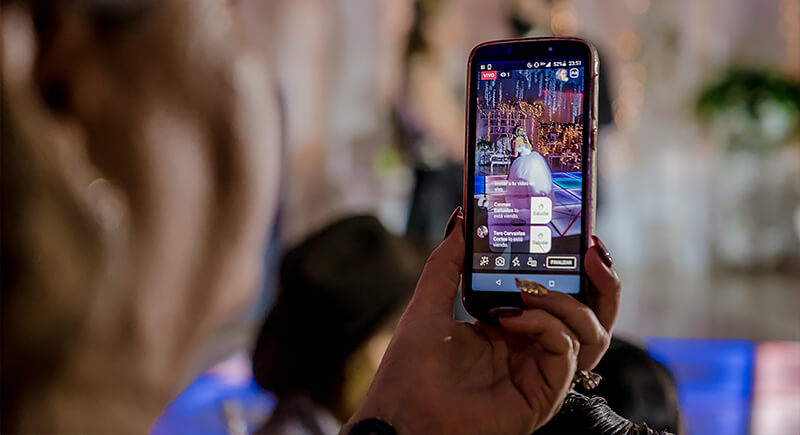
Credit: pexels
The concept of “influencers” can make elder millennials cringe. They remember when blogs, not brand deals, ruled the internet. A 2007 Technorati report estimated 70 million blogs existed, many run by this age group. That’s why most still follow creators who feel genuine, not perfectly curated.
You Secretly Miss MySpace Customization
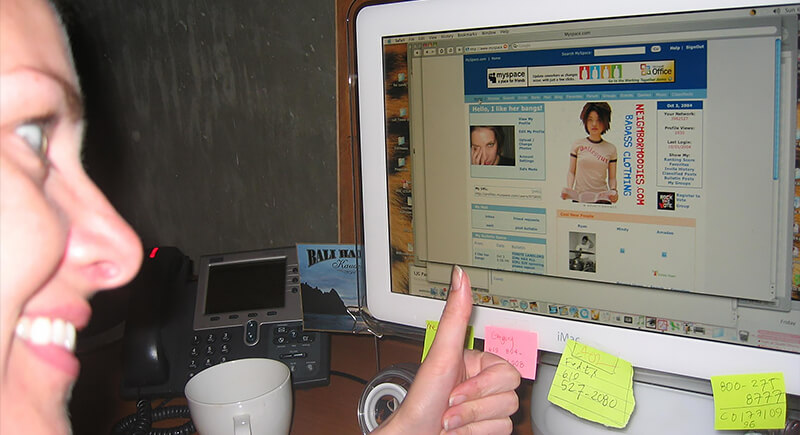
Credit: Reddit
MySpace felt more like a bedroom wall than a website. You could pick the song, the colors, the background, even who showed up in your Top 8. Elder millennials spent hours tinkering with code they didn’t know was code, chasing that perfect mix of personality and chaos that no social platform has matched since.
You Remember Real Cameras and Disposable Photos
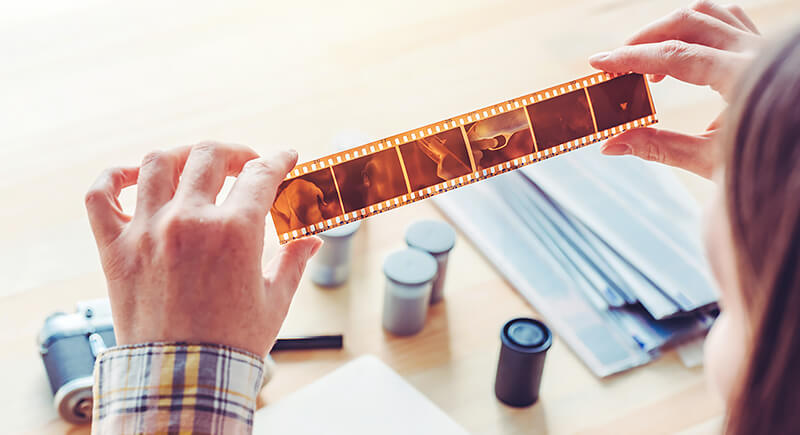
Credit: iStockphoto
There was a time when taking pictures meant trust: trusting your aim, the light, and the photo clerk. Elder millennials remember dropping film at the drugstore and waiting days for proof they’d nailed the shot. Kodak says 35mm film peaked in 2000, just before digital took over.
You Think “Adulting” Is Both a Joke and a Job
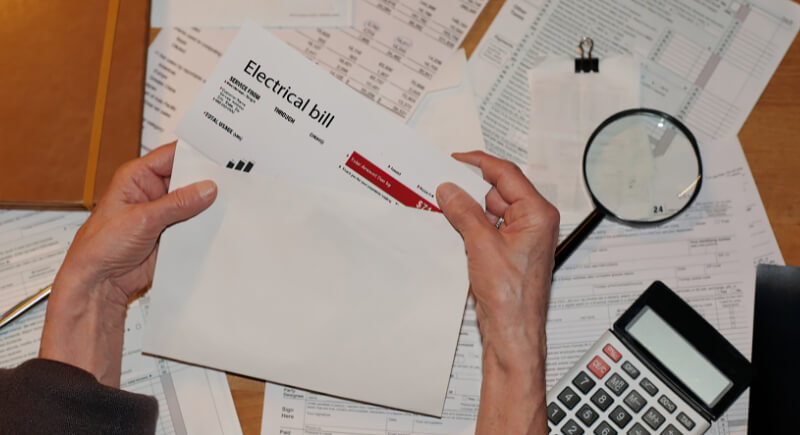
Credit: Canva
Adulting stopped being funny once the bills showed up. Elder millennials stepped into independence during layoffs, rent spikes, and a shaky economy. A Deloitte study found 74 percent still worry about financial security. The word became both a coping mechanism and a reality check, a reminder that humor often carried them further than stability ever did.